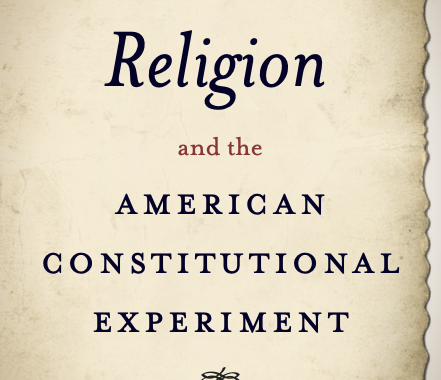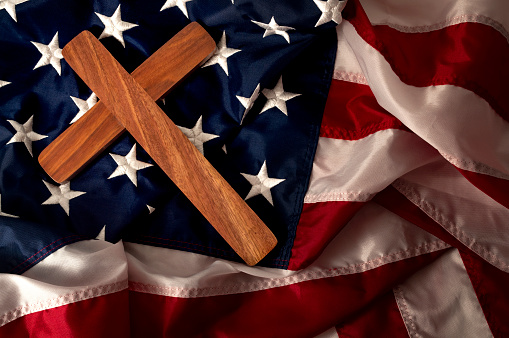“Jehovah’s Witnesses and Religious Persecution: Do Signed Declarations Help?” by George D. Chryssides
Picture by Narcis Ciocan on Pixabay. On December 17, 2021, the U.S. Department of State’s Office of International Religious Freedom issued a joint statement on behalf of the International Religious Freedom and Belief Alliance (IRFBA), condemning the persecution of Jehovah’s Witnesses in several countries, and calling on governments worldwide, inter alia, to release prisoners, end…








